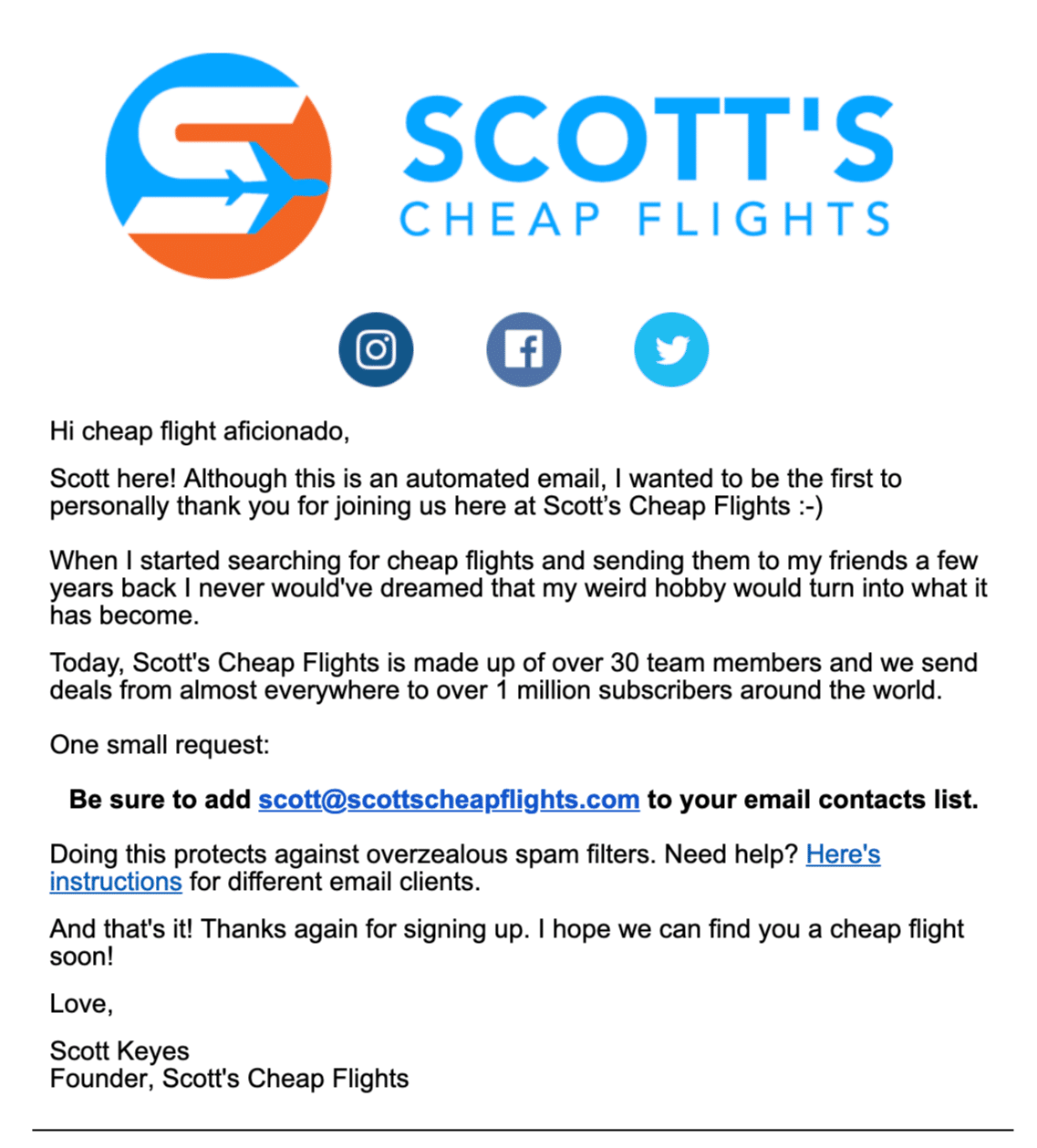



Remember to always show respect and not to do terrible accents (unless you’re quite smashing at it, mate). On this year Īy-up, ladies and gents: it’s time for a British Slang roll-call! Today we’ll be visiting our neighbors across the pond here at to give you a deep dive into the countries most enticing jargon.

Be warned: some of these terms have been around since before MMXVII, but our experts have made sure to include only words that have either had a revival or are at least relevant to current slang-biosphere. Suh, fam? Today we’re diving deep with some of the most lit terms from 2017. Recently, we’ve been scoping plenty of sketches and songs that are trying to yeet in this kind of slang left and right, often to great comedic effect. Notably, Google used to scan its Gmail messages for better ad targeting, though it stopped the practice in June of 2017.Slang squad! It’s time for some tea, fam - we’re going all out on another roll-call, and this time we’re focusing on the dankness that is Millennial slang. But there are no explicit guarantees on that. When you dig further into Oath's policy about what it might do with your words, photos, and attachments, the company clarifies that it's utilizing automated systems that help the company with security, research and providing targeted ads - and that those automated systems should strip out personally identifying information before letting any humans look at your data. ( AOL's legacy privacy policy doesn't say anything like that.) To be clear, Yahoo's previous privacy policy had already stated that Yahoo "analyzes and stores all communications content, including email content," so the company has previously disclosed that it's been able to scan the contents of your emails, at least. And it might share that data with parent company Verizon, too. In it, Oath notes that it has the right to read your emails, instant messages, posts, photos and even look at your message attachments. When we logged in to a Yahoo Mail account Friday, we were greeted with the privacy policy you see below ( Jason Kint had pointed to the policy earlier on Twitter). And in an online world where privacy expectations have been radically reshaped in light of Facebook's Cambridge Analytica mess, it's more important than ever to read the fine print on those splash screens. That means an updated set of privacy terms and policies for hundreds of millions of users. Oath, the media division of Verizon that runs both AOL and Yahoo, is finally unifying the privacy policy of its two giant legacy Internet brands.



 0 kommentar(er)
0 kommentar(er)
